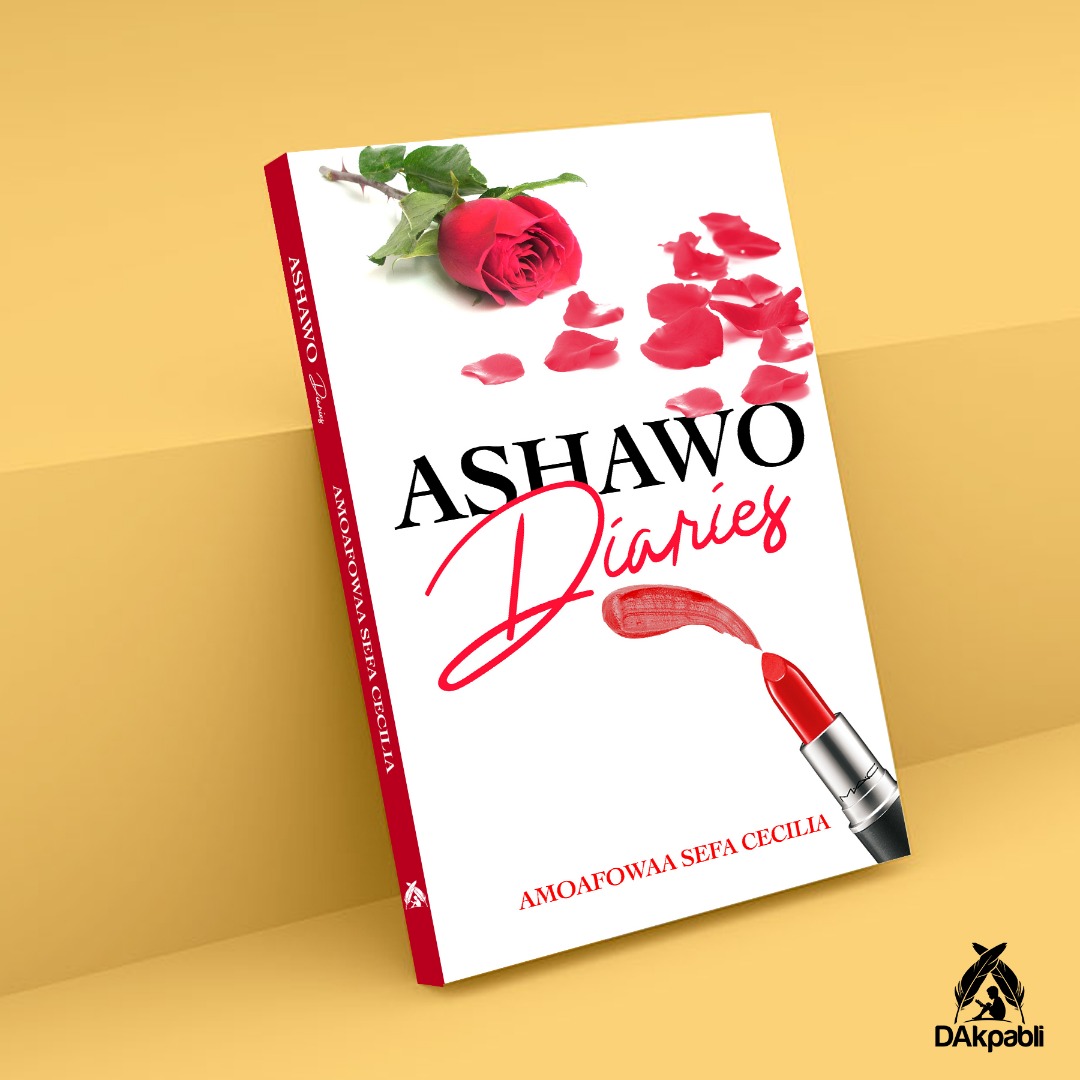Agbogboloshie has always been well known in contemporary mainstream Ghanaian circles, but not much of the vibrant market and wetland was heard outside of Ghana. The place however attained global notoriety at the turn of the millennium when it became known as a “digital dumping ground.” In addition to receiving e-waste from mainly western sources, the social fabric of the area was also hampered by an influx of economic migrants from various parts of Ghana and beyond. This complex combination triggered an explosion of many vulnerable demographics ranging from young men who were susceptible to drug abuse and robbery, to young ladies who tended to drift into prostitution.
In the 1996 novel Faceless, Amma Darko painted a picture of the harsh realities of Agbogboloshie through a sustained look at the latter. Young ladies were rampantly abused through child prostitution and rape, and the author used this abuse as a tool to pointing out the problems that were concomitant with not taking care of the socio-economically vulnerable in society. Cecilia Sefa Amoafowaa follows in the footsteps of Darko with Ashawo Diaries, which examines the physical, emotional, and social trauma that young ladies endure in Ghana.
There is a lot of sex, but similar to Darko, it is to show us all something more than visceral or even perverse pleasure. This stylistic strategy also hearkens to Ayi Kwei Armah’s 1972 novel Why Are We So Blest? in which the author employs egregious sexual relations to underline the racial exploitation that Black Africa has suffered in the context of both colonialism and neo-colonialism.
Due to this key setting of Ashawo Diaries, the novel should more easily connect with neo-colonialism. The argument about the role of Western countries has always been up for discussion in all forms in developing countries such as those found in Africa, where the effects of political and cultural subjugation merge with contemporary global economic and political policies that hamper the development of places like Ghana. Amoafowaa appears more interested in internal symptoms of the various failures of Ghanaian society, that can then connect indirectly with these larger issues. In the novel, men are generally portrayed as voracious unfeeling sexual predators. This portrayal does not imply a binary where women are always the victims, nevertheless. Some men suffer from men and women, thus creating a complex vision of a society that needs healing.
One example is Chapter 11, where a man tells his lover his life story. As the bastard son of a famous politician and poor woman, he has a difficult upbringing which includes dealing directly and extensively with poverty and losing his mother at an early age. He embraces a life of violence that hints at some of the problems that Ghana faces with its democracy, where political godfathers are accused of sponsoring local groups to intimidate opponents. As he tells his lover about his life story that ends with his father reconciling with him and dying, he feels a form of catharsis that is symbolized by his lover giving him oral sex. In other words, there is emotional and sexual release – both are characterized as healing.
Connecting different forms of sex to therapy symbolizes what Amoafowaa does throughout the novel. This Freudian operation is executed irrespective of space or borders. Be it in Mexico, India or the United States, where the protagonist’s misadventures have sent her, the author employs sexual metaphors and sexual activities to enhance theme, character relations, setting, plot trajectories, and other stylistic concerns.
This makes for engaging reading, and beyond connecting with earlier literary forebears, it is important to think about how such a novel enters the Ghanaian social landscape where sex is traditionally a public taboo. In other words, Ashawo Diaries is a text that challenges sanitized perspectives of the country and asks for a more honest vision that admits that there is an underbelly that needs to be addressed in order for us all to have a better Ghana.
Kwabena Opoku-Agyemang
Lecturer, Department of English
University of Ghana, Legon
Ashawo Diaries is a D’Akpabli Publication. Cover Credit: Nene Buer Boyetey II. Book due in June 2020. For pre-orders (which start on 25th May 2020) contact via WhatsApp or call: +233 24 5275 981 or Booknook Book Store on Facebook. Book will also be available on Amazon.

6 replies on “Ashawo Diaries – Foreword by Dr. Kwabena Opoku-Agyemang”
I just love it ❤️✌️
LikeLiked by 1 person
Thank you. 🙏🙏🙏💙
LikeLike
Doc you have disemboweled the novel succinctly…
LikeLiked by 1 person
Word*
LikeLike
KOA! Great foreword there! Y3daase!
Mom, kind reminder of my autographed copy delivered by you to me!
LikeLiked by 1 person
😂😂😂 Let’s see.
LikeLike